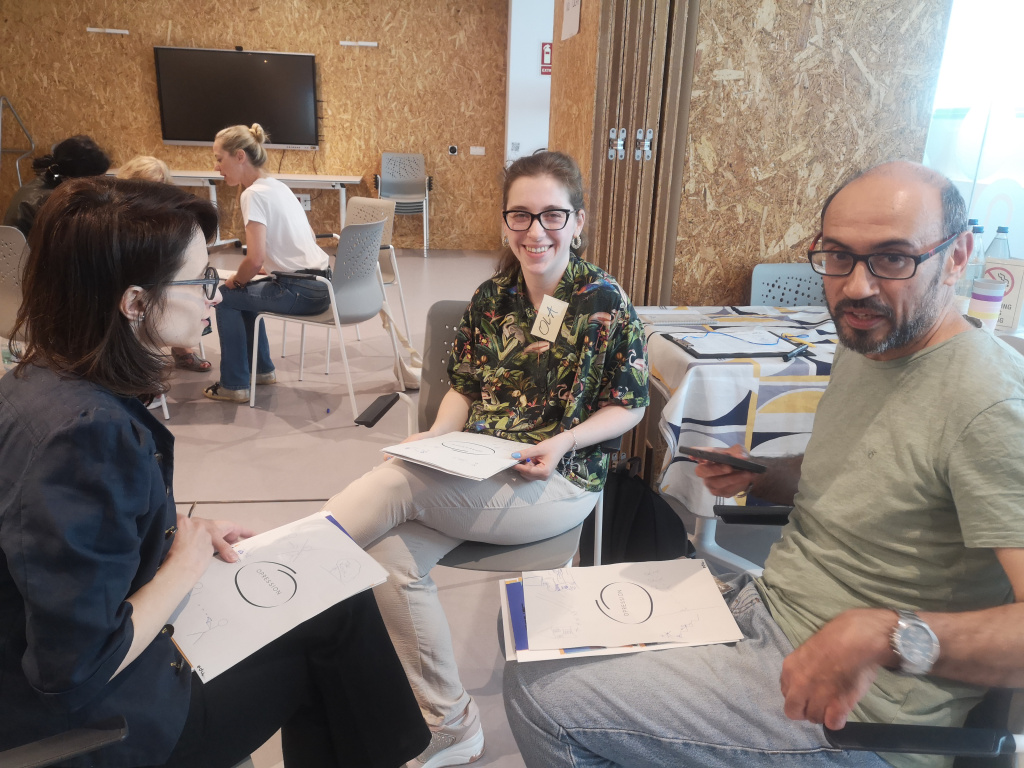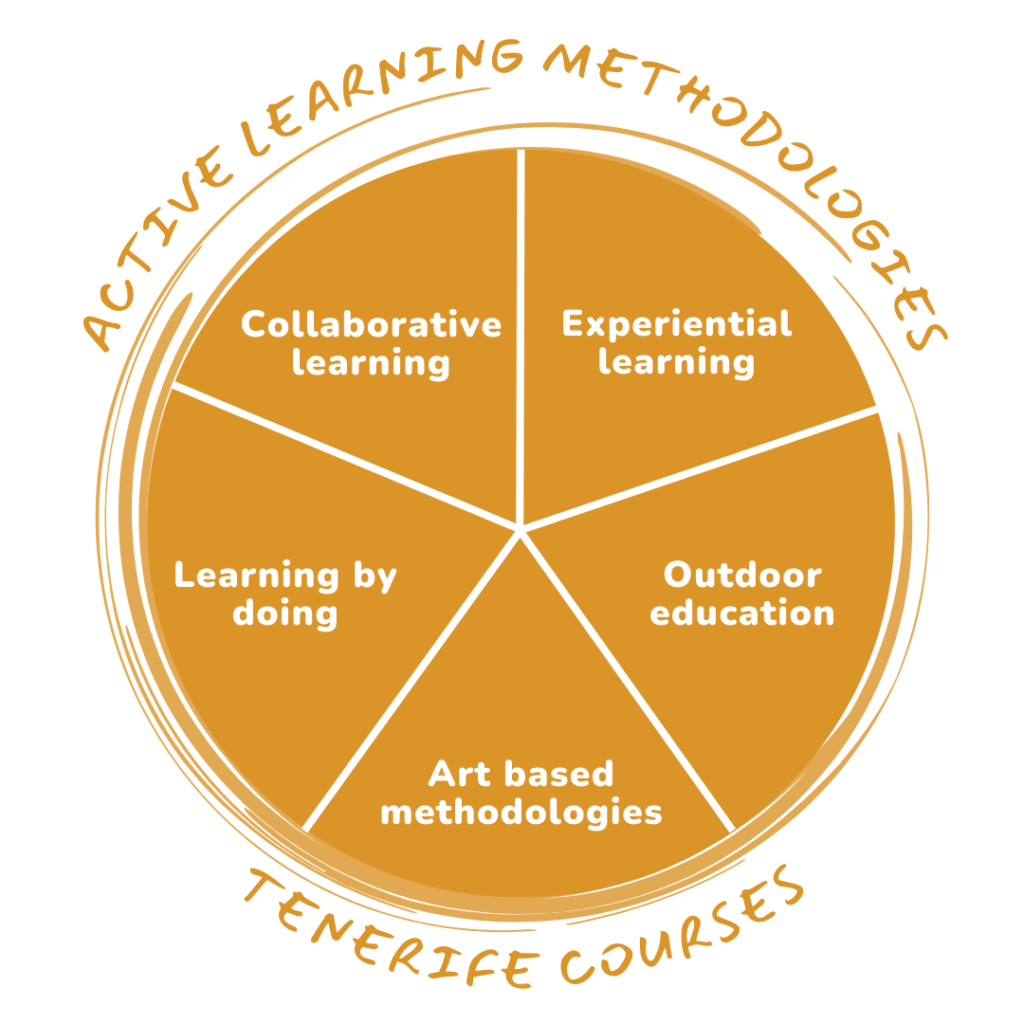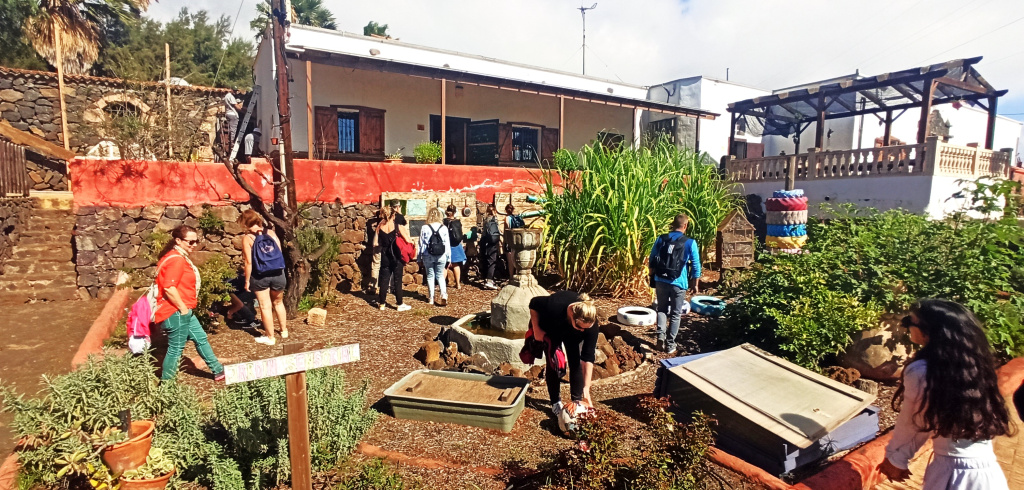Increasing teachers’ intercultural competences
In more and more globalized and multicultural societies, teachers and adult educators need to upgrade their cross-cultural competences. In this course, teachers and adult educators will reflect on concepts such as ethnocentrism, racism, discrimination, segregation etc. and get insights Geert Hofstede’s studies on cultural differences.
Taking into account the current situation with migrants, refugees, asylum seekers and adults with low incomes, teachers and adult educators need to improve their cultural understanding and flexibility skills. In this course, teachers and adult educators will improve their intercultural communication skills, empathy, tolerance and mental and behavioral flexibility. They will also discuss and reflect on concepts such as ethnocentrism, racism, discrimination, segregation etc. and get insights on how to teach them in creative ways. The participants will also increase their cultural awareness by getting familiar with Geert Hofstede’s five cultural dimensions that he developed based on his studies in over 50 countries.
When teachers and learners come from different cultures, a series of challenges may arise. The participants to this course will reflect on the difference between the expected teacher/learner and learner/teacher interactions. They’ll learn Hofstede’s dimensions of cultural differences: Individualism vs Collectivism, large vs small Power Distance, strong vs weak Uncertainty Avoidance, Masculinity vs Femininity. The task of adaptation in cross-cultural learning situations should primarily be on the teachers‘ shoulders, and, only by setting an example first can they teach intercultural skills to their learners also.
The nature of this course is highly practical and hands on, so the participants will experience themselves the methods of building intercultural competences while also reflecting on how to apply them to their context.


Methodology:
Our focus is on showing the participants how the learners’ motivation increases when they become the actors of their own learning because the teacher takes the role of facilitator or learning guide.
Energizers, games and group reflections are foreseen daily in order to ensure a positive energy and a cooperative learning climate in the group.
We tailor our working methods based upon the participants‘ needs and professional profiles in order to ensure easier adaptability and application of the tools to the real life.
We will take care of you
-
- Support and Emergency Helpline Whatsapp group with all participants for easy communication and interaction between each other.
- Useful pdf presentation with the most important information about food, transportation and places to visit in Tenerife.
- Free afternoons to explore beauty of Tenerife.
- Visit to Teide National Park – optional.
- No requirements for accommodation, you can choose whatever you want (in the city where the course takes place).
- After the course:
- Teaching materials in pdf to use in your classes afterwards.
- Photos for dissemination.
- The certificate of attendance and support with all documents needed.

